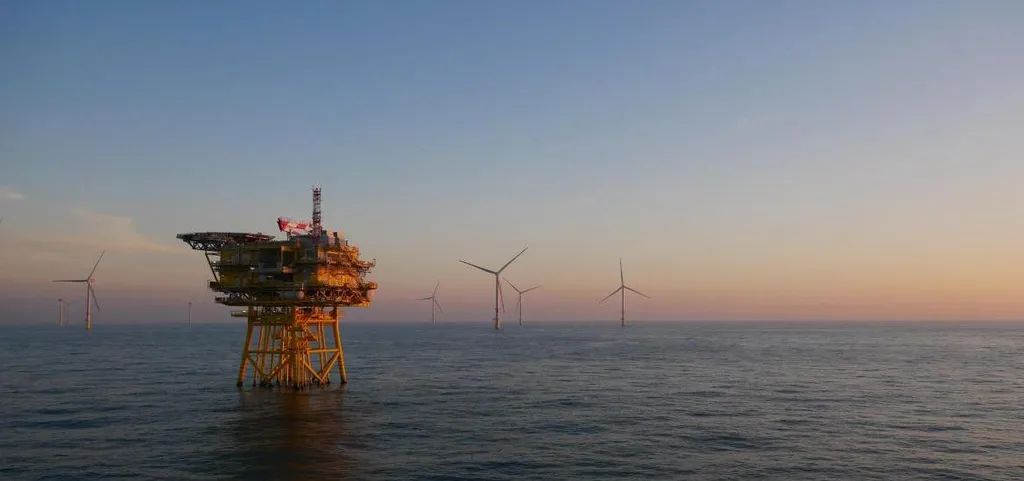TAQA’s acquisition of Transmission Investment (TI) isn’t just another deal in the energy sector; it’s a bold stride into the future of offshore wind power and international electricity transmission. This move signals a significant shift in the global energy landscape, with potential ripple effects across markets and political spheres.
Firstly, let’s consider the immediate implications for the UK market. TAQA’s entry, backed by its substantial resources and experience, is set to intensify competition in the offshore transmission sector. TI, already a formidable player with a 40% success rate in OFTO bids, now has the muscle of a global energy giant behind it. This could drive innovation, improve efficiency, and potentially lower costs for consumers. Dr. Chris Veal’s commitment to cost-effective expansion echoes this potential.
The acquisition also positions TAQA at the heart of the UK’s ambitious offshore wind targets—50GW by 2030. Given the UK’s global lead in offshore wind, TAQA’s learning here could be transferred to other markets, enhancing its international growth strategy. It’s not just about generation; it’s about the infrastructure that makes green power viable.
Looking at the broader European market, TAQA’s move could catalyze further investment in interconnector projects. TI’s involvement in the FAB Link and LirIC projects, connecting Great Britain with France and Northern Ireland, is a testament to this. As European countries strive to meet their net-zero targets, expect more deals and projects that foster international cooperation and electricity exchange.
TAQA’s international expansion also sends a strong message to the global market. It’s not just Western players steering the energy transition; Middle Eastern companies are taking decisive steps too. This deal could spur other Gulf Cooperation Council (GCC) energy giants to explore opportunities in European and international markets, driving a more interconnected and diverse global energy sector.
Moreover, this acquisition underscores the often-overlooked importance of transmission infrastructure in the energy transition. The International Renewable Energy Agency (IRENA) estimates that $717 billion per year must be invested in grid infrastructure to meet the 1.5°C scenario. TAQA’s move shows that leading energy players are taking these investments seriously, which could spark further interest and funding in the sector.
Politically, the deal could strengthen energy ties between the UK and the United Arab Emirates (UAE). As the UK seeks to bolster its global trade relationships post-Brexit, this deal could open doors for further collaboration and investment. For the UAE, it’s an opportunity to showcase its commitment to sustainable energy solutions on a global stage.
Lastly, the acquisition could influence the wider debate on foreign investment in critical infrastructure. While TAQA’s investment is welcome, it may also spark conversations about national security, resilience, and the role of overseas players in the UK’s energy system.
TAQA’s acquisition of TI is more than a business deal; it’s a strategic move that could reshape energy markets, spark political discussions, and accelerate the global energy transition. It’s a reminder that the future of energy is not just about who generates the most power, but also about who controls the infrastructure that brings that power to our homes and businesses. This is a space to watch, a trend to follow, and a conversation to engage in.

